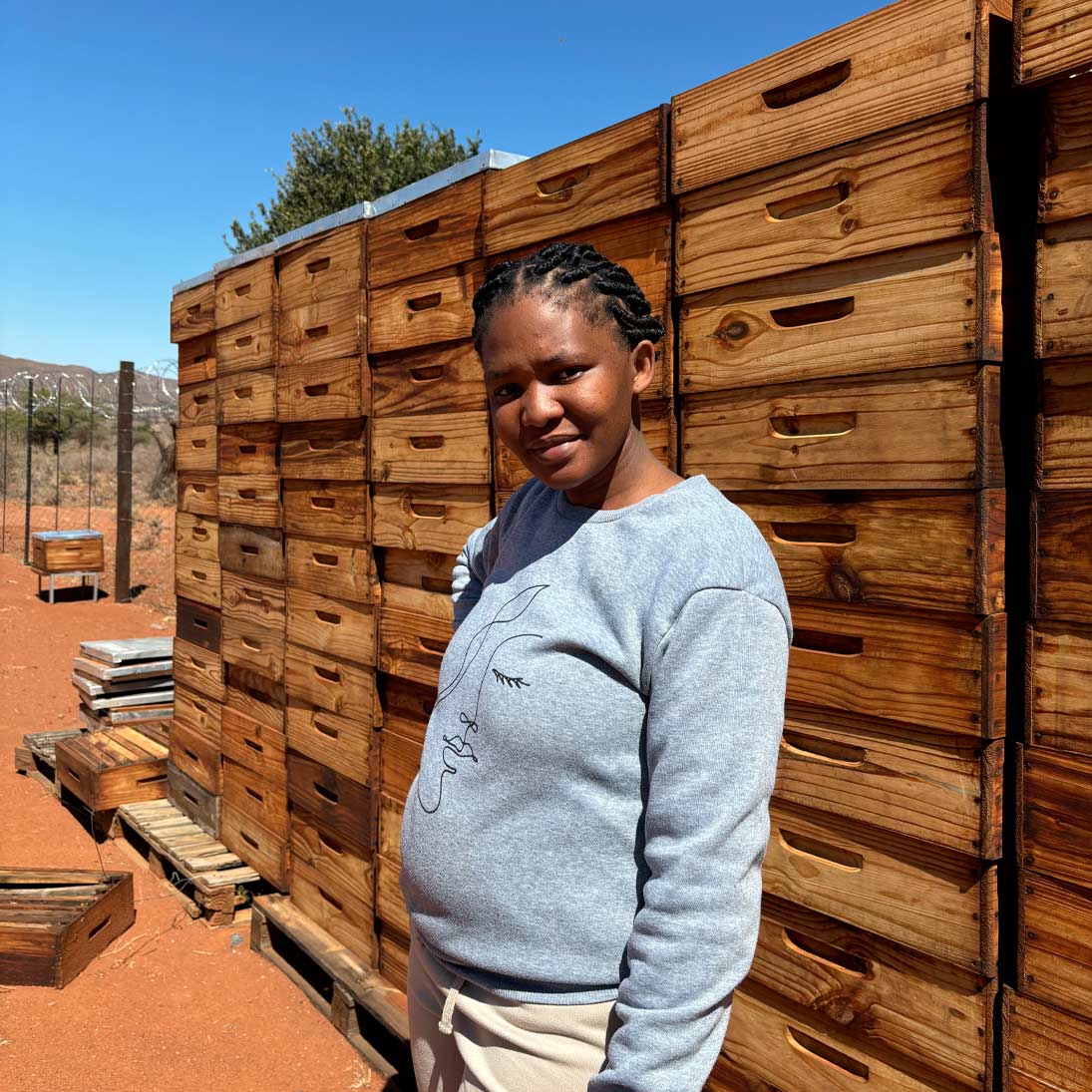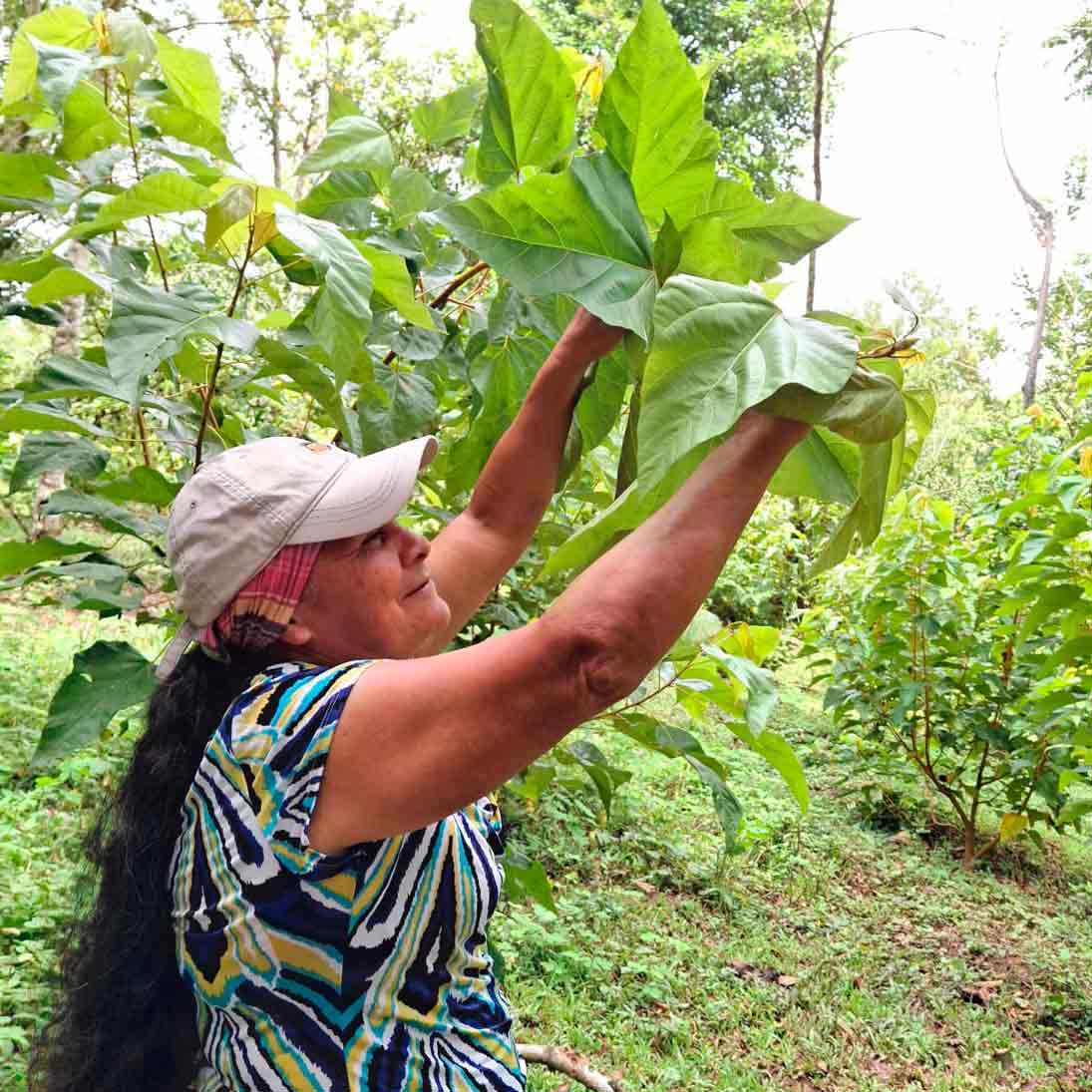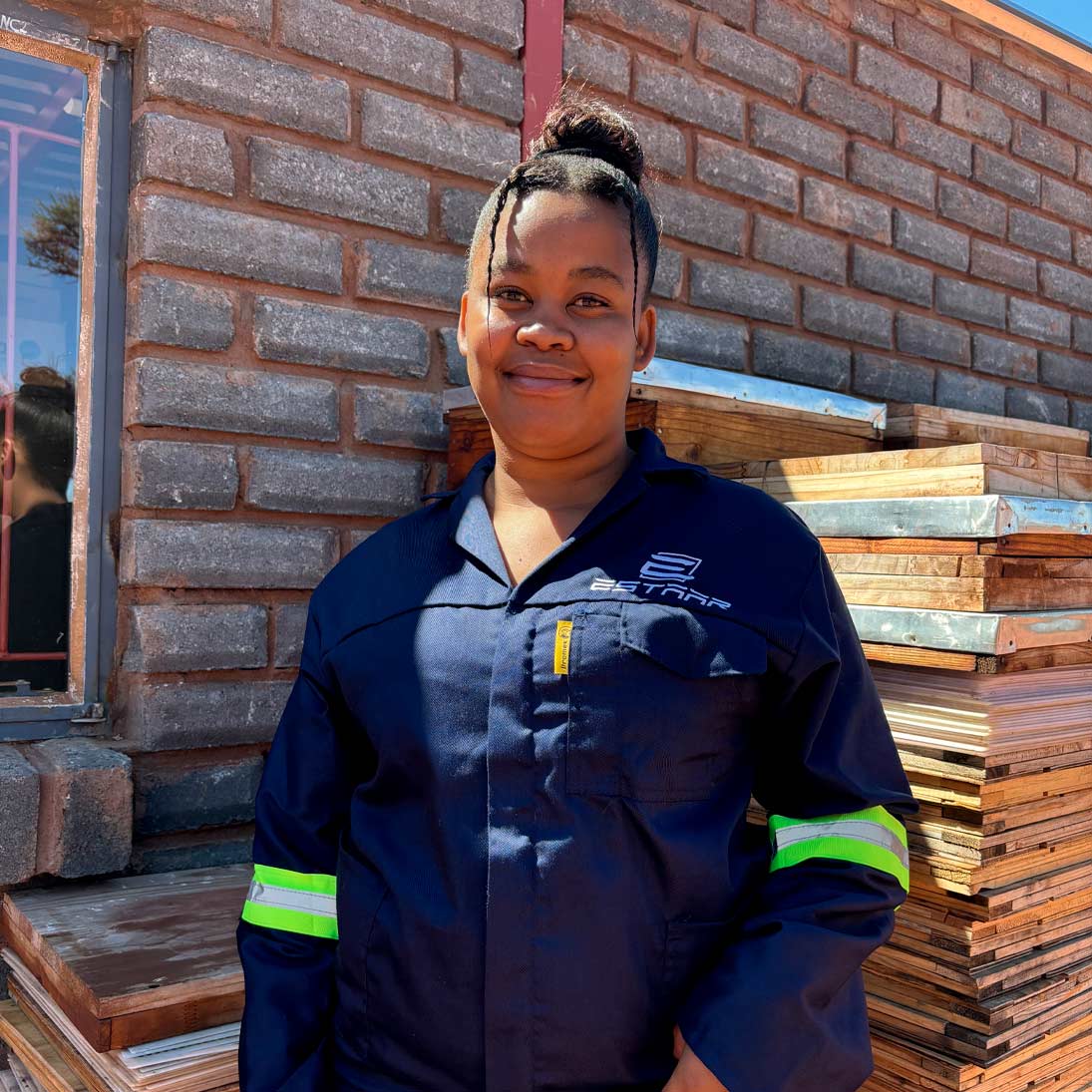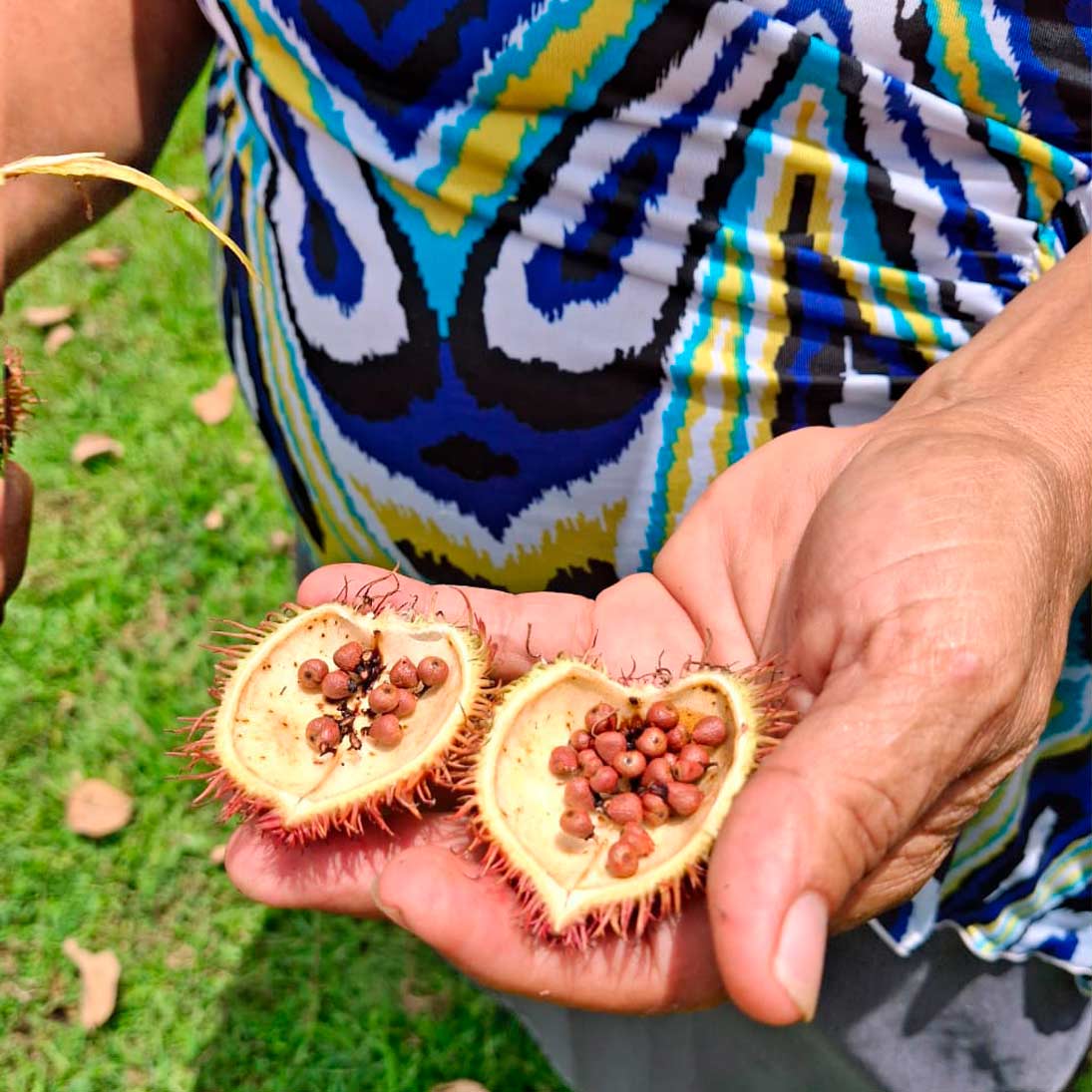- ACCIONA Energía carries out a number of initiatives to promote the development and empowerment of rural women in the communities where the company operates.
- This International Day of Rural Women takes place under the theme "Rural women as sustainers of nature for our collective future: building climate resilience, conserving biodiversity and caring for the land to achieve gender equality and the empowerment of women and girls."
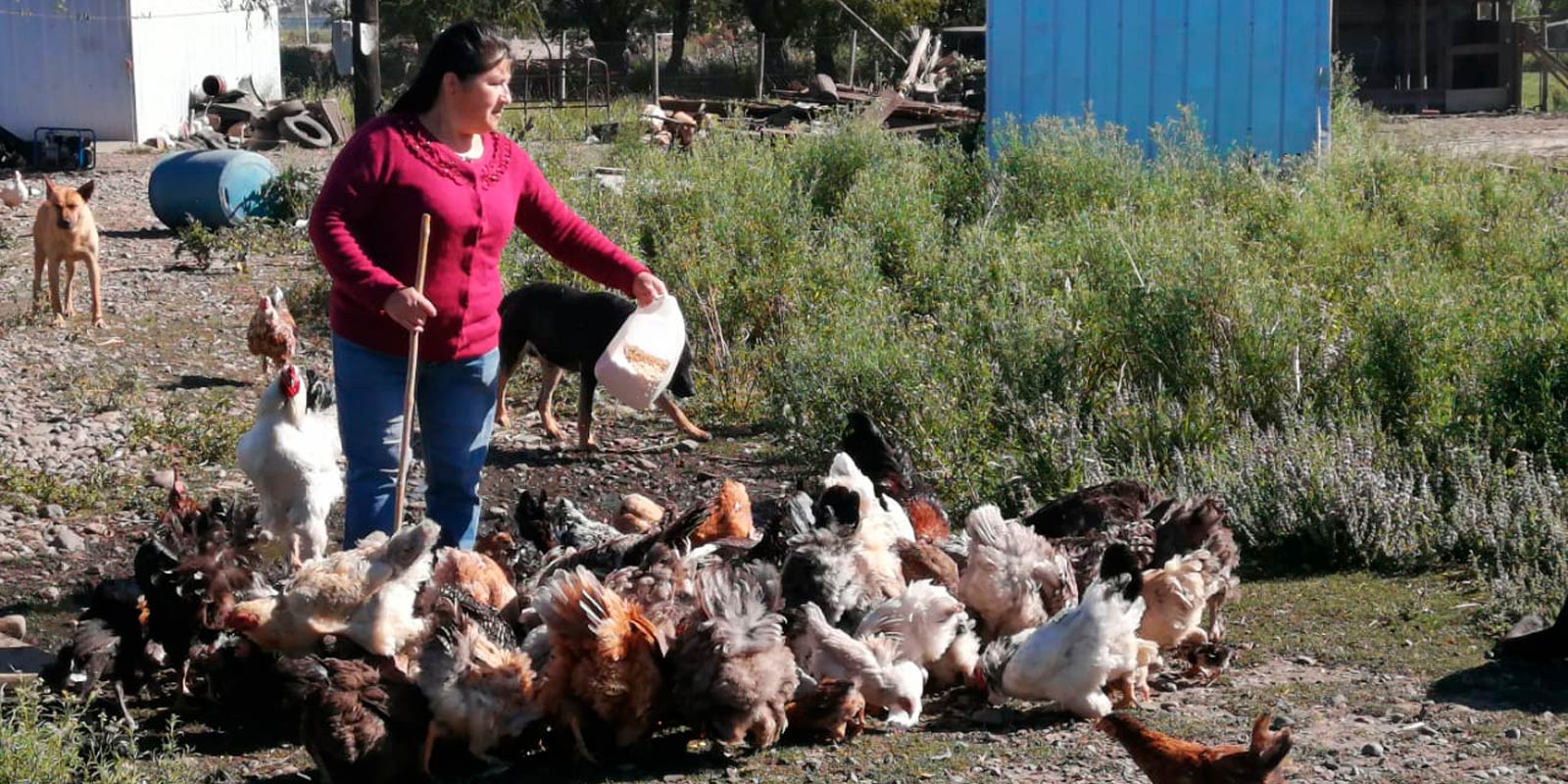
Women represent a quarter of the world’s population, and they strengthen economies by tilling the soil and planting the seeds that feed entire nations. Today, October 15, we celebrate women in rural areas with the aim of raising awareness around their important role, not only in the fight against poverty, hunger and malnutrition but also as key players in the protection of biodiversity and climate change.
ACCIONA Energía carries out several social programs that contribute to the socioeconomic development of the communities where we operate, and rural women are at the heart of many of them. These initiatives seek to empower these women more, expanding their skills and knowledge and the technical and economic resources available to them. Here are some of the major initiatives.
SOUTH AFRICA: "NORTHERN CAPE APICULTURE INCUBATOR"
Chantell and Malebogo are two women aged 30 and 26 who live in the vicinity of our Sishen photovoltaic plant in Northern Cape, South Africa. They both produce honey that they sell in nearby towns. This is the fourth year they have participated in our social impact program titled "Beekeepers Incubator in Northern Cape", which seeks to improve the quality of life of the vulnerable communities of Olifantshoek and Dibeng through the production and sale of honey.
For Malebogo, this beekeeping entrepreneurship project has given meaning to her day-to-day life and has contributed to her financial security: "I found the project interesting, it got me out of the house, gave me something to do and, I receive an income thanks to it.”
For Chantell, the program has been a continuous learning opportunity in areas as diverse as finance and new technologies: "I have learned how to control the company’s expenses and I also know how to manage my own finances now. I have also learned how to use applications on the laptop, to type and to keep records.”
The journey has not been without obstacles. "It is hard to work in the agricultural sector as a woman. Men feel that agriculture is a domain just for them,” says Chantell. In this sense, the initiative has been an important step in the fight for equal opportunities, as it has favoured the participation of women and offered them valuable tools: "Researching gives you information, and attending training courses and working in a team helps you become stronger", she adds.
Both Chantell and Malebogo see their future “among the bees” but the program has also given them the tools they need to dream big and diversify their business: "In five years I would like to have set up my own business.”
COSTA RICA: “APRENDE Y EMPRENDE (LEARN AND BE ENTREPRENEURIAL): MALEKU COMMUNITY"
In the area of influence of the Chiripa wind farm in Tilarán, Costa Rica, Rosa (Jabanquijija in her native language) is a woman from the Maleku indigenous community who has been able to diversify and professionalize her agricultural business thanks to our social impact project on the production and sale of achiote (annato): "Being fighting women, we are looking forward to putting the product on sale soon and getting ahead", Rosa says.
Last year, thanks to the alliance between the Maleku Women's Association, the ‘Friends of a Million Trees’ Association and ACCIONA Energía, 1,200 annato trees were planted, providing an ingredient that gives colour (red) and flavour to traditional Central American dishes. In addition, a dye widely used in the food, cosmetic and textile industries is extracted from the annato seed.
This entrepreneurship project represents an opportunity to improve their lives for indigenous women: "Here in the indigenous territory we women do not have paid work, but with this annato project I see myself generating income in the future". Marcela Quirós, representative of the Maleku Women's Association, expresses the same hope: "We hope that this project will generate long-term support in the form of a subsidy and stable employment for women."
The next step in the initiative will be the provision of training courses for the correct use of fruit, such as food handling, customer service, organic fertilizer production, financial control and digital marketing.
CHILE: "PROMOTION OF PRODUCTION PROGRAMME"
In the municipality of Renaico in the Araucanía region of Chile, where we operate the San Gabriel and Tolpán wind farms, the "female heads of household" sustain family economies by working in agriculture and stockbreeding. Things are not always easy, however. “There were several needs and deficiencies in our sector", says Joyada Fernández, Secretary of the Roblería-Parronal Residents’ Association.
Three years ago, ACCIONA Energía helped the community identify these challenges and we launched an empowerment programme for agricultural workers in the area. "ACCIONA Energía has helped us to improve people’s quality of life," says Joyada.
Roxana, another resident of Roblería-Parronal, has been able to build a 4,305-square-feet greenhouse thanks to her participation in the project. "We started with green beans, but the idea was to expand every day," she says. Her greenhouse now produces a variety of vegetables, including lettuce, cauliflower, beans, coriander and cabbage.
The program has improved both the quality and quantity of agricultural and livestock production, contributing significantly to the quality of life of these women and their families.
SPAIN: "DESARROLLA LOGROSAN"
Ana lives in Logrosán (Cáceres province, Spain), where we built a biomass plant. She works as a teacher at the local high school and is Secretary of the Board of Directors of the San Mateo Cooperative, an olive oil mill. She sums up the "Desarrolla (develop) Logrosán" programme as follows: "We have been giving courses on pruning, treatments, soil studies and olive tree diseases for a year. We have followed the evolution of the olive fruit fly and provided data from the olive mill to prepare a report to bring about improvements.”
For Ana, "the biggest challenge for rural women is access to training. There are many women in our cooperative and we have all been able to benefit from the courses, lectures and reports.” She also stresses the importance of companies carrying out social work directly with people living in the areas where they operate.
Chantell, Malebogo, Rosa, Joyada, Gumercinda, Roxana and Ana are just a few examples of rural women who have seen how their lives have improved with the arrival of renewable installations in their areas. If you would like to find out more about our commitment to the socioeconomic development of the communities, we summarize the most notable actions in the last year here.
